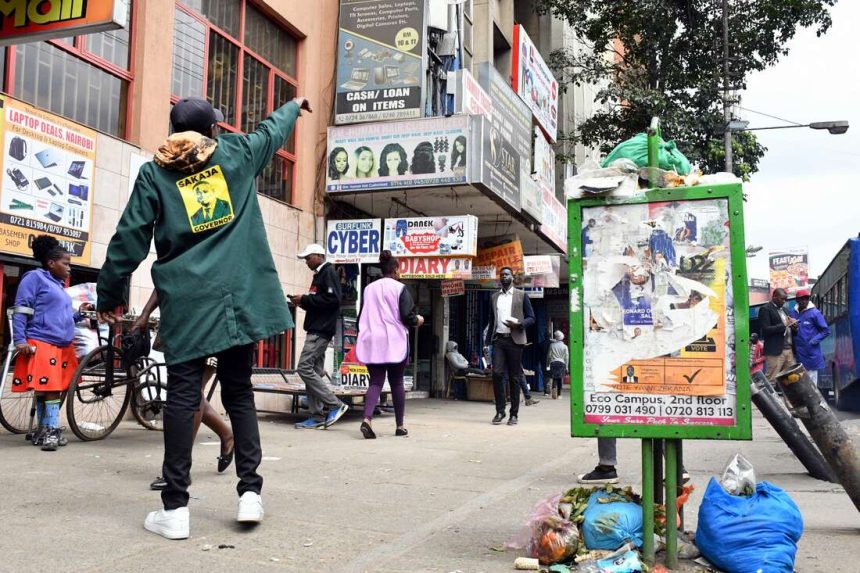Nairobi, the bustling capital city of Kenya, has achieved a remarkable feat under the administration of Governor Johnson Sakaja, who marked his first year in office by launching an ambitious initiative to transform the city’s waste management system.
With an unwavering commitment to his motto of “restoring a city of order, dignity, hope, and opportunity for all,” Governor Sakaja vowed to prioritize cleaning up the city and eradicating illegal dumping that had wreaked havoc on the environment and drainage systems in various neighborhoods.
One year later, Nairobi stands as a testament to effective governance and civic engagement, having collected an astounding 1,075,981 tonnes of waste.
The solid waste collection rates have surged from a daily average of 1,800 tonnes to an impressive figure exceeding 3,000 tonnes.
The catalyst behind this commendable transformation lies in the efforts to expand the waste management infrastructure.
By increasing the number of waste collection contractors to 84, spread across all 17 sub-counties, Governor Sakaja’s administration demonstrated its commitment to addressing the city’s garbage problem head-on.
This bolstered workforce has contributed significantly to the increased waste collection and disposal rates.
To further fortify the waste management apparatus, Governor Sakaja recently inaugurated 27 brand-new dump trucks.
These additions have significantly enhanced the city’s capacity for internal waste collection and disposal, playing a pivotal role in achieving the colossal one-million-tonne milestone.
Governor Sakaja’s vision extends beyond mere waste collection – he envisions a future where waste is a valuable resource, converted into sustainable green energy.
At the Dandora dumpsite, he unveiled plans to collaborate with the private sector to establish a waste recycling plant to harness waste materials to generate green energy.
This ambitious endeavour has already progressed with a public-private partnership with China National Electric Company to produce a staggering 45MW of electricity in Dandora.
Despite the monumental progress, challenges persist. A court ruling in July 2021 ordered the relocation of the Dandora dumpsite, casting a shadow over the future of the waste recycling plant. Nevertheless, the governor remains steadfast in his commitment to finding a resolution.
Nairobi’s pursuit of comprehensive waste management has not only focused on collection but also on environmental employment opportunities.
The government’s commitment to recruiting 3,500 environmental workers marks a significant step toward creating green jobs.
These roles encompass a wide range of responsibilities, from cleaning and maintenance to planting trees and regenerating river ecosystems.
In addition to these milestones, the city has successfully reclaimed 32 illegal dumpsites in various areas, such as Riverside, Kamkunji, Sunken, Ng’enda Lane, and Pumwani Maternity.



